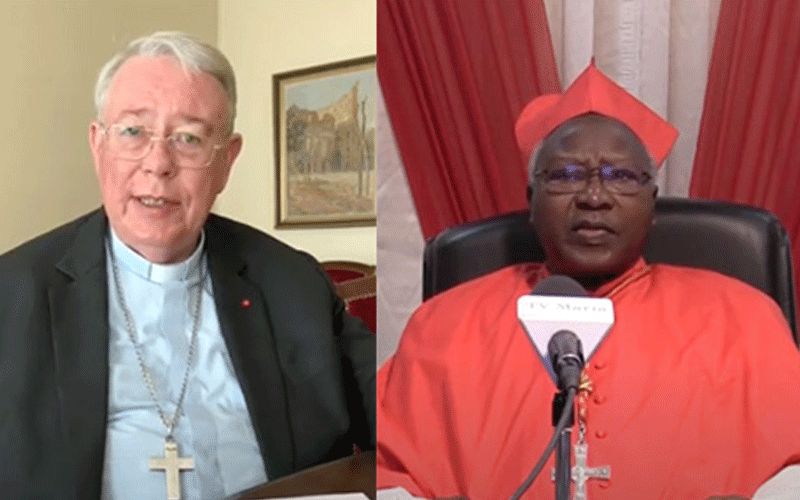Accra, 11 June, 2020 / 3:08 am (ACI Africa).
In view of the planned 6th Summit of African Union (AU) and European Union (EU) leaders in October, Bishops in Africa and Europe have, in a joint statement, encouraged European and African policy-makers to orient their preparatory work on the principles that foster “people-centered” partnerships.
In their Wednesday, June 10 collective statement, the Bishops in Africa under their common forum of the Symposium of Episcopal Conferences of Africa and Madagascar (SECAM) and their counterparts under the Commission of the Bishops’ Conferences of the European Union (COMECE) offer “a number of specific policy recommendations aiming to reshape the intercontinental political and economic relations towards an equitable and responsible partnership that puts the people at its center.”
“The Catholic Church on both continents shares the concern for the many persons, families and communities, particularly those in situations of vulnerability and weakness, affected by extreme poverty and hunger, persisting lack of an equitable access to basic social services, corruption, violence, terrorist attacks and persecution against vulnerable religious communities, as well as the exploitation of natural resources and environmental degradation,” the Bishops in Africa and Europe say.
Issued under the title “Justice shall flourish and fullness of peace forever,” the Bishops advocate for partnerships that promote integral human development, integral ecology, human security and peace and for the people on the move.
“We believe that the principles and values of human dignity, solidarity, the preferential option for the poor, the universal destination of goods, the promotion of the integral human development, the responsible stewardship of all Creation, as well as the pursuit of the common good are necessary guidance and orientation in shaping the respective policy responses and actions,” the Bishops state in their message.








